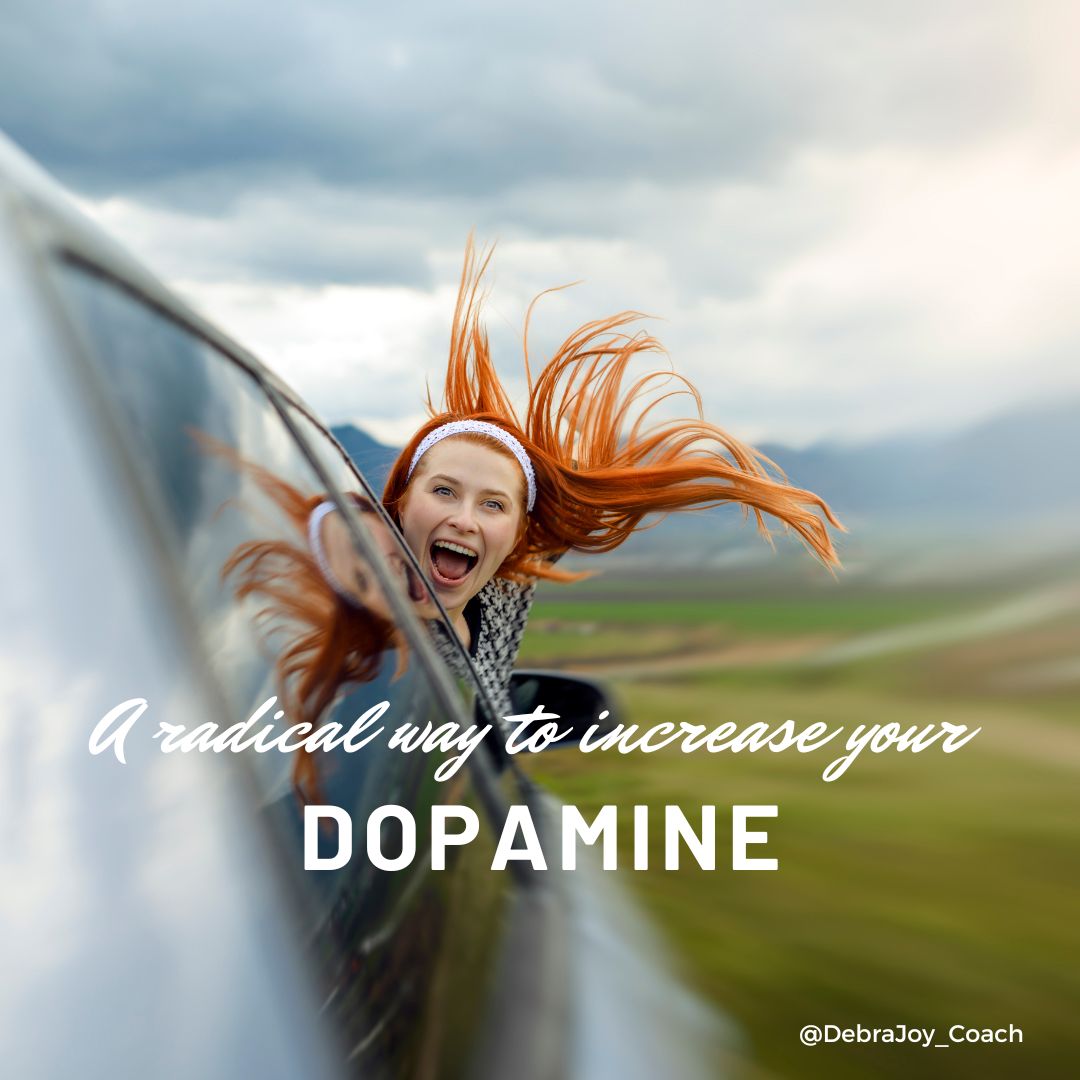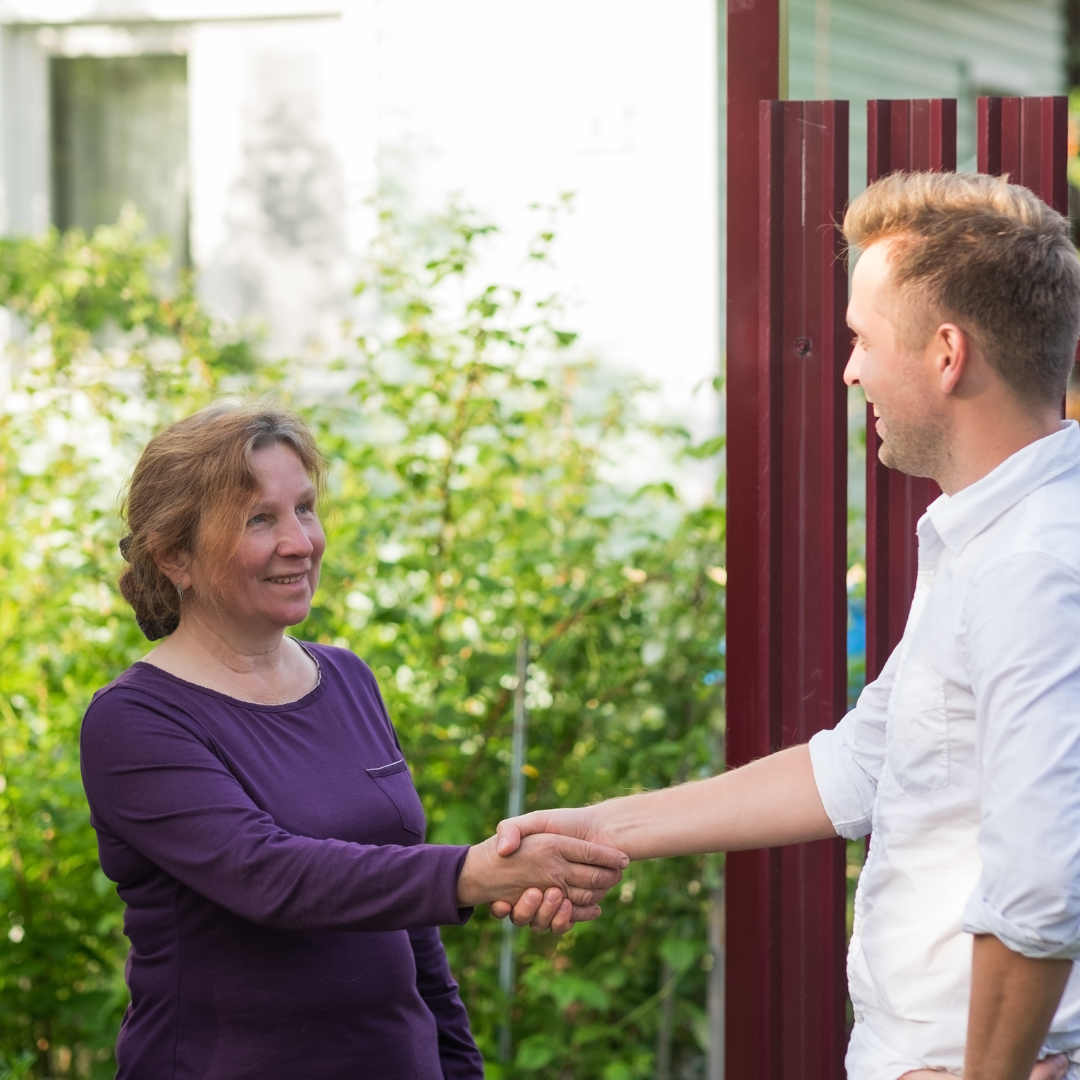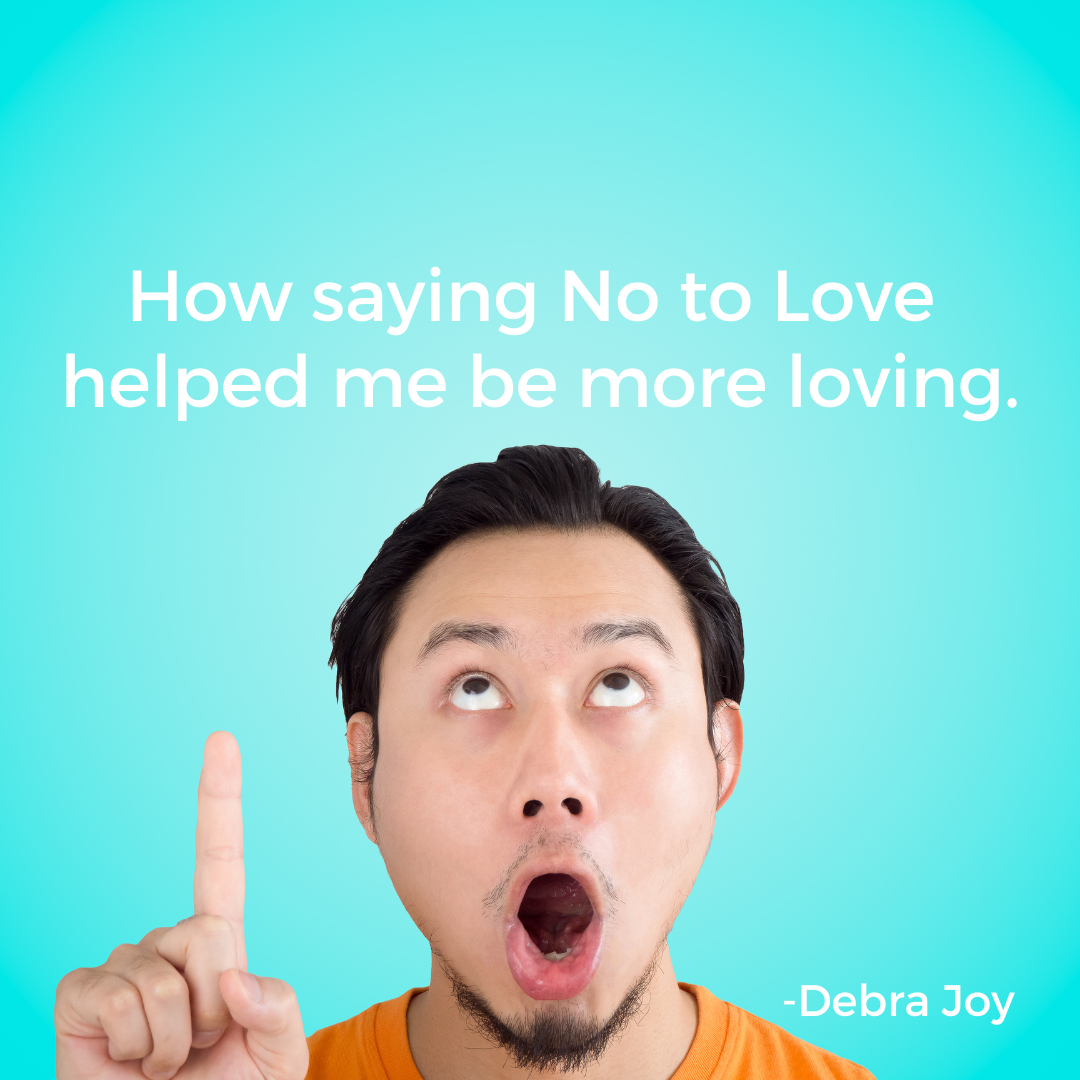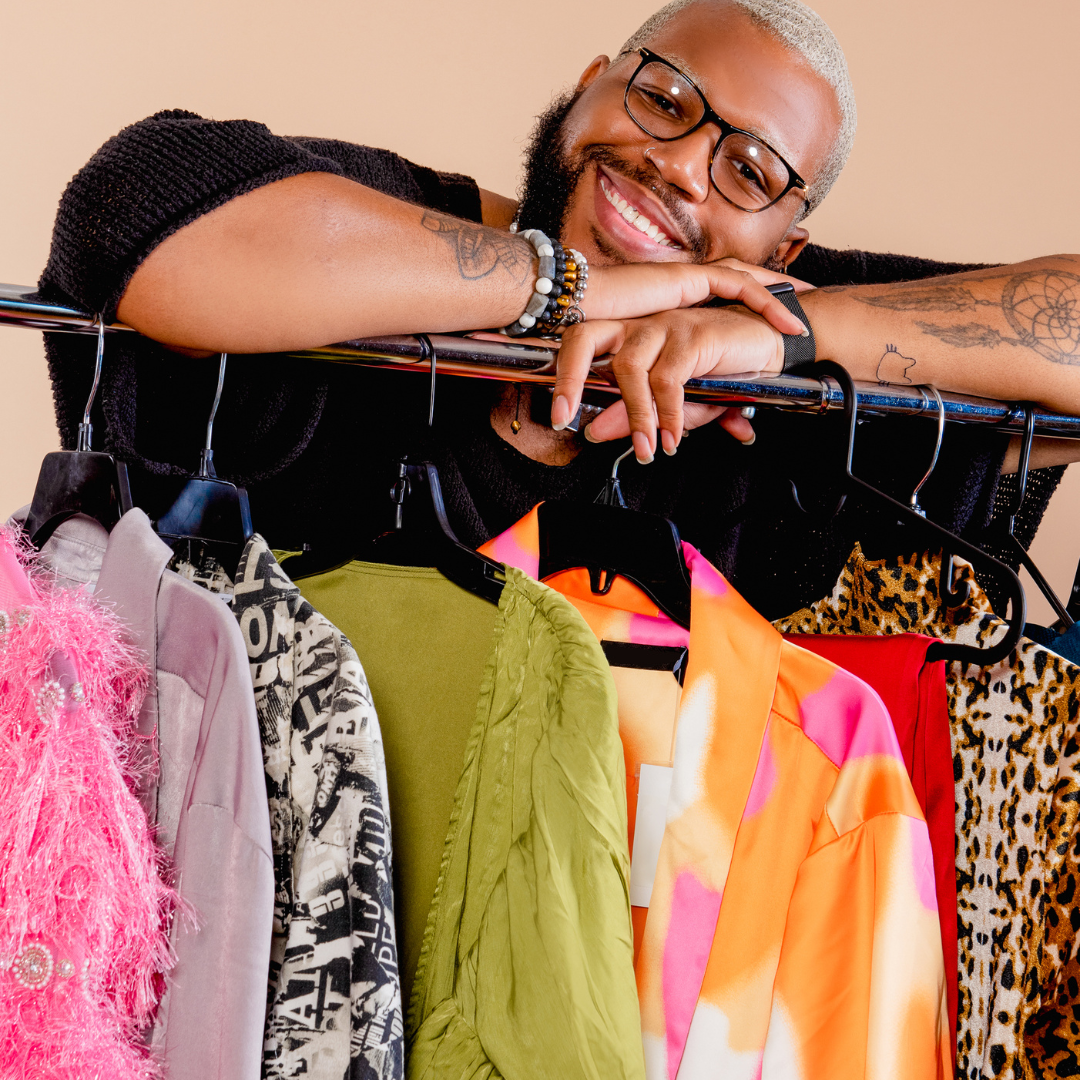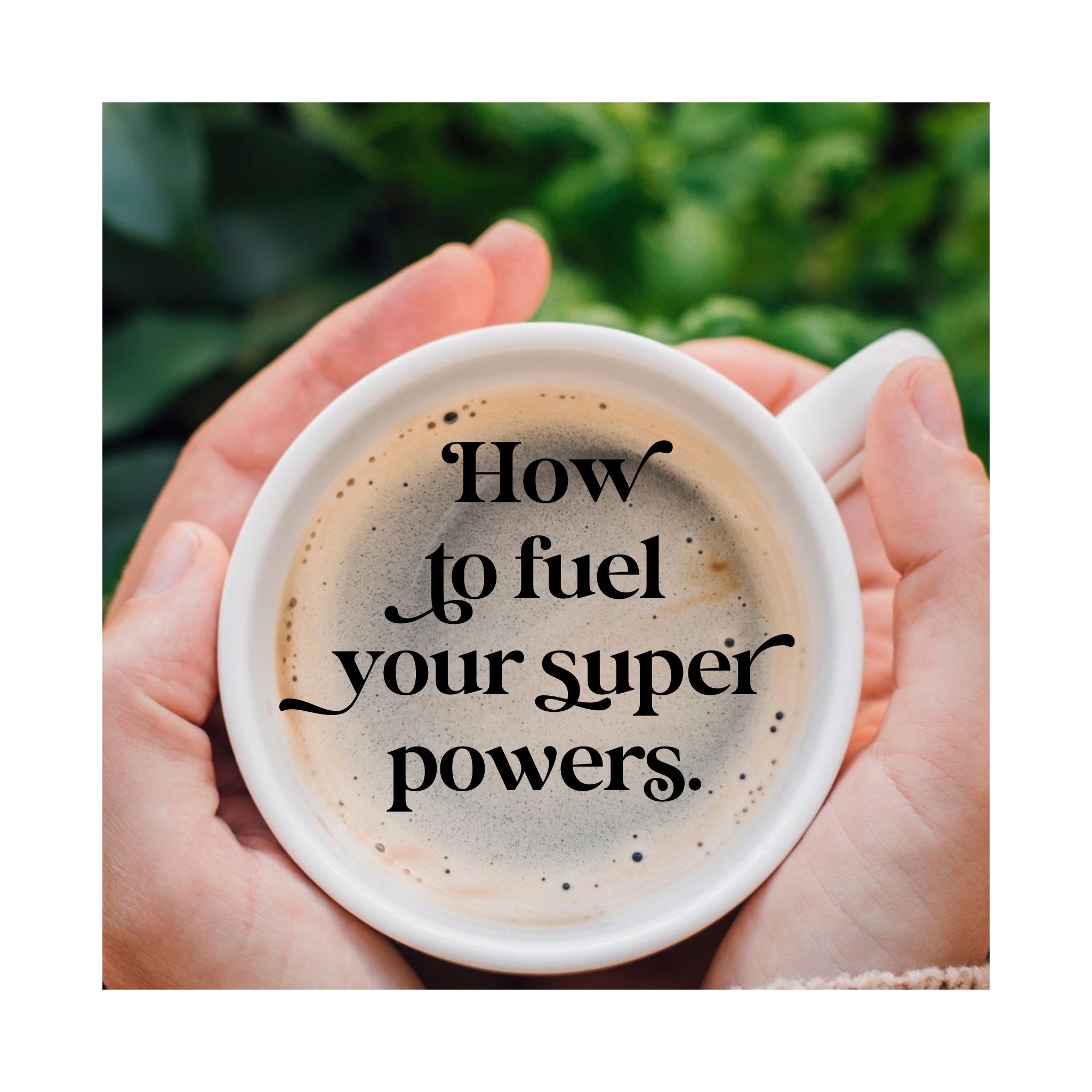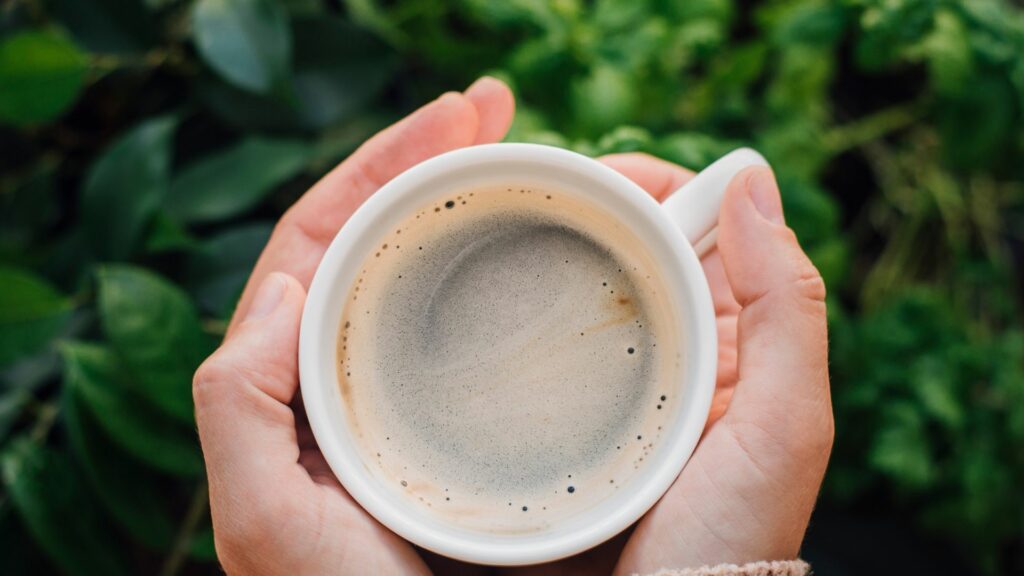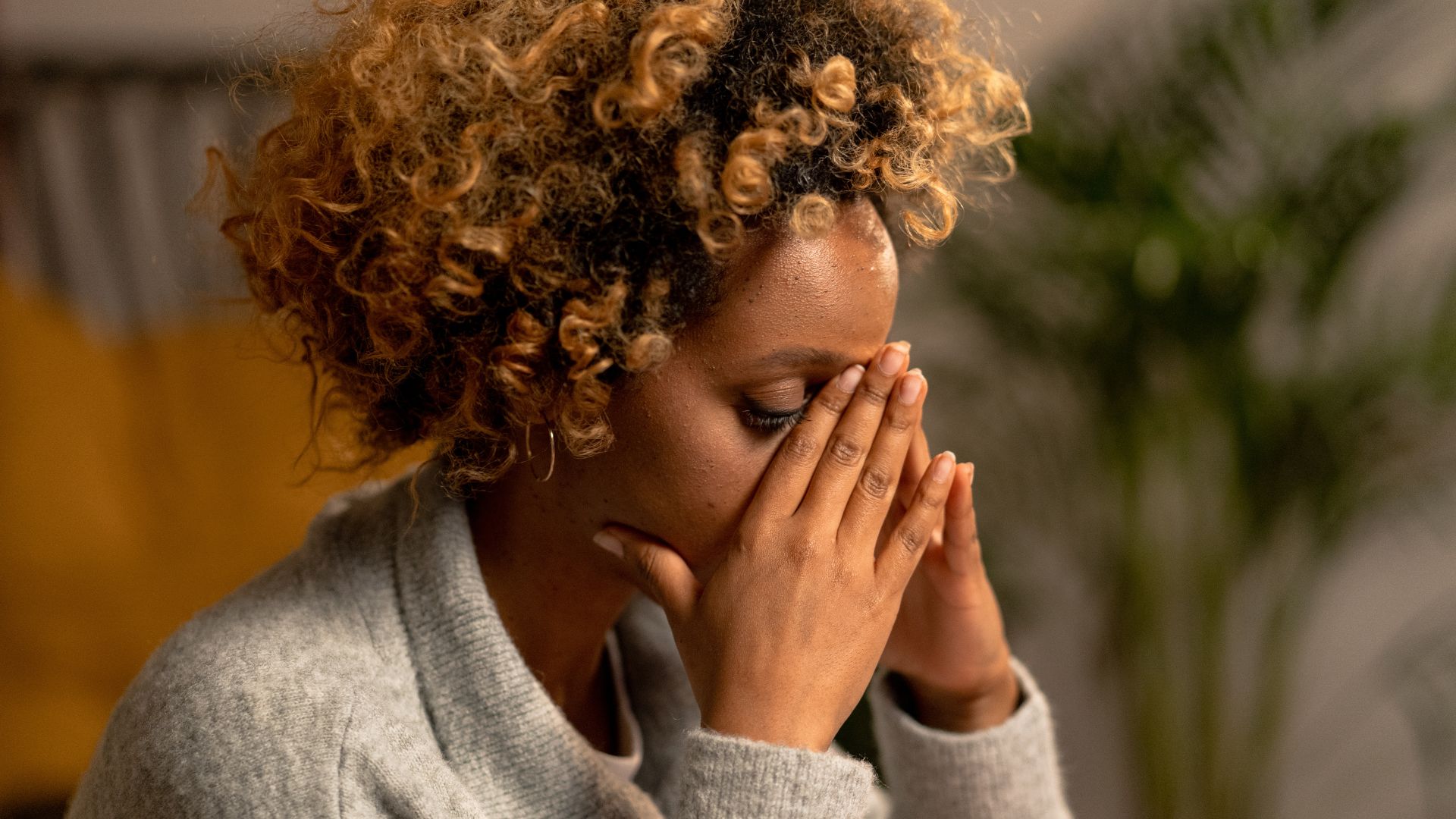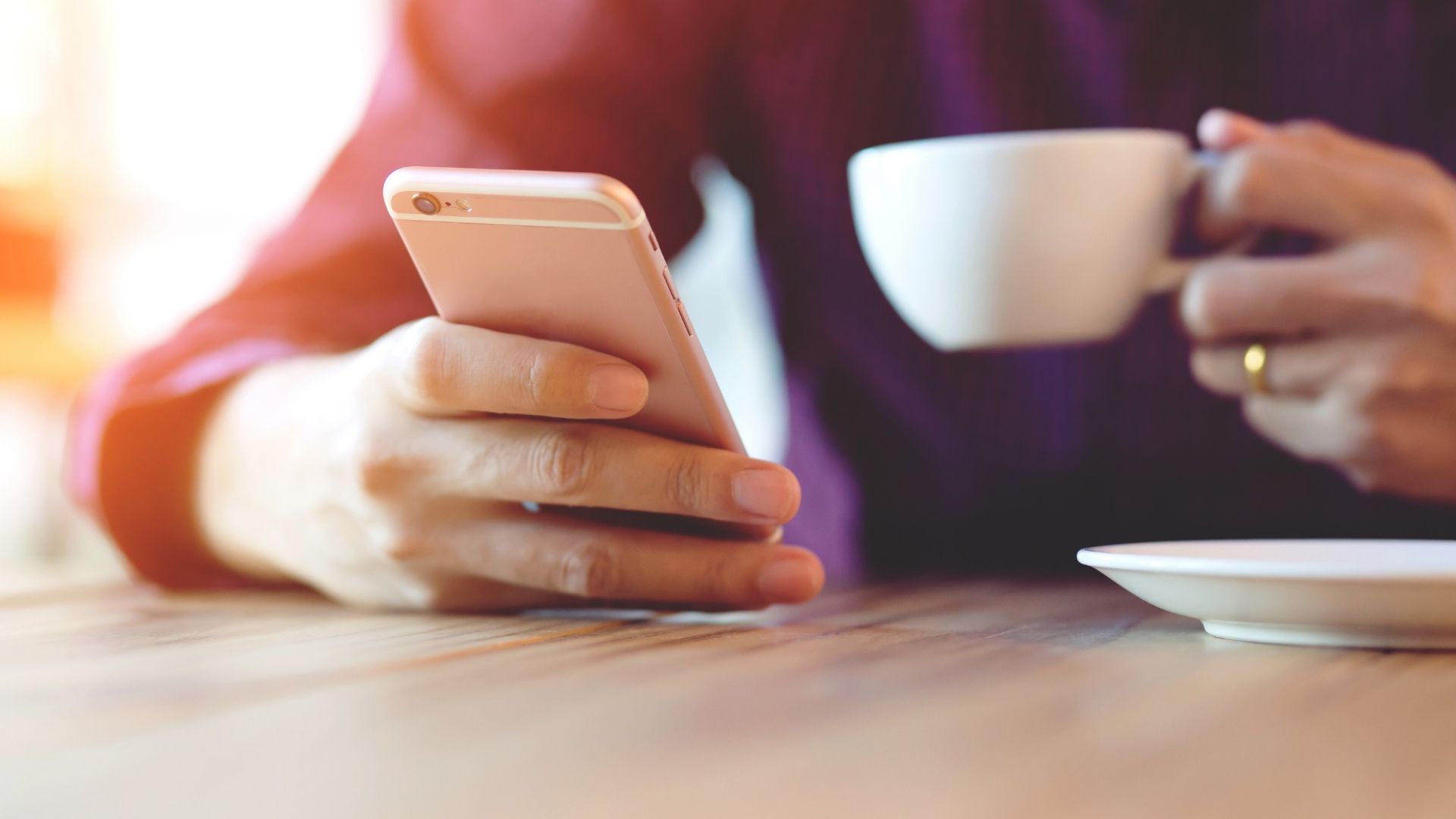Do you know what Friday, November 25th is? It’s the 30th Anniversary of:
BUY NOTHING DAY
Oh ya, it also happens to be black Friday, more on that in just a second.
Buy Nothing Day wasn’t created as an anti-Black Friday or Anti-Christmas event. In fact, when artist Ted Dave of Vancouver, Canada launched the first Buy Nothing Day it was held in September. It wasn’t meant as a gimmick to change your habits for one day. Instead, it was meant to give pause – a chance to reflect on unconscious habits of consumption.
Now you might be asking what the heck does this have to do with my dopamine??? Glad you asked.
Right now, and for the next several weeks, you’re being absolutely hammered with ads to buy stuff. The anticipation of shopping creates a dopamine surge inside you. We think of dopamine as the “pleasure” drug. While it does feel GOOD – it’s the hormone connected with pursuit, motivation, novelty, and expectation of reward. It makes you feel like you’re on a worthwhile adventure and should keep going.
So these non-stop ads can get you pretty jacked up to shop. And that feels pretty good. The surge may be high, but the experience will be short-lived. And post-shopping there’s a potential for a BIG drop.
Your body is always working to keep you in a state of balance, so after a big surge of dopamine, it doesn’t just return to normal. It drops below your normal level. When that happens you feel flat, unmotivated, and you might want another hit of something to pump you up. That’s when you’ll be tempted to shop again.
Buy Nothing Day could become a great day to explore other dopaminergic activities:
- Spend time in nature.
- Move your body in fun ways.
- Listen to music (which may lead to moving your body in fun ways 🙂
- Meditate – sitting, walking, yoga or any form you like.
- Have Sex.
- Get good sleep.
- Read a book you love.
- Play games and sports
- Have caffeine 2 hours after you wake.
- Eat a healthy diet that supports your dopamine, or seek advice from a nutrition expert.
By the way, I’m not condemning shopping. I just know that the more conscious awareness you bring to anything you do, the more fulfilling your life will be. That’s what I want for you – more fulfillment. And sometimes it’s by limiting experiences, that you actually experience more.
Love Debra
Please share this with someone in your life who’s totally dope. Make a plan to do something together, and notice how you feel after doing it.
*I’m not a nutritionist, so this is just information, not a recommendation: Tyrosine is a natural amino acid that’s a precursor to dopamine. L-Theanine is another. Vitamins D, B5 & B6 are all needed to produce dopamine. Magnesium and Omega 3 Essential fatty acids also support it.
